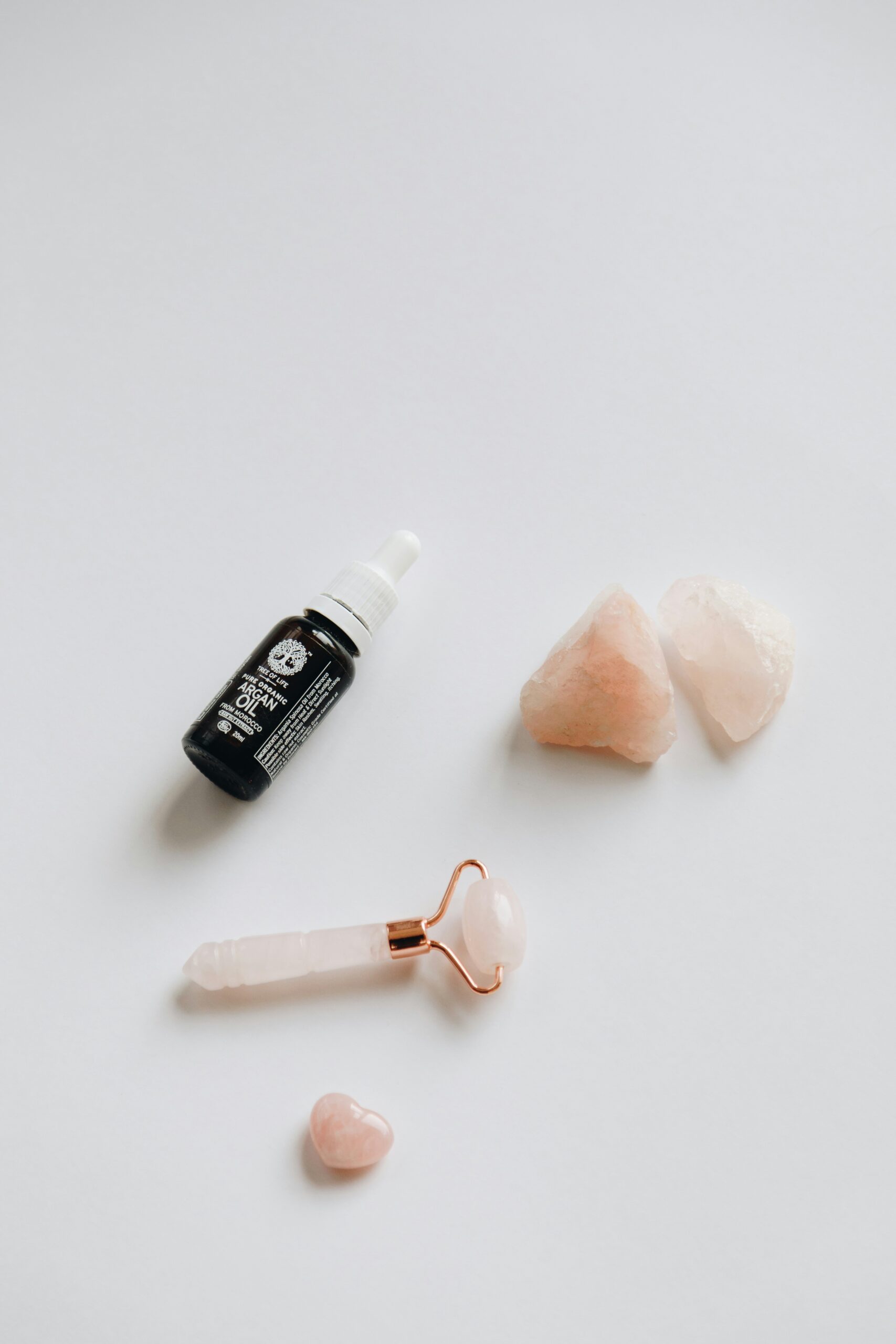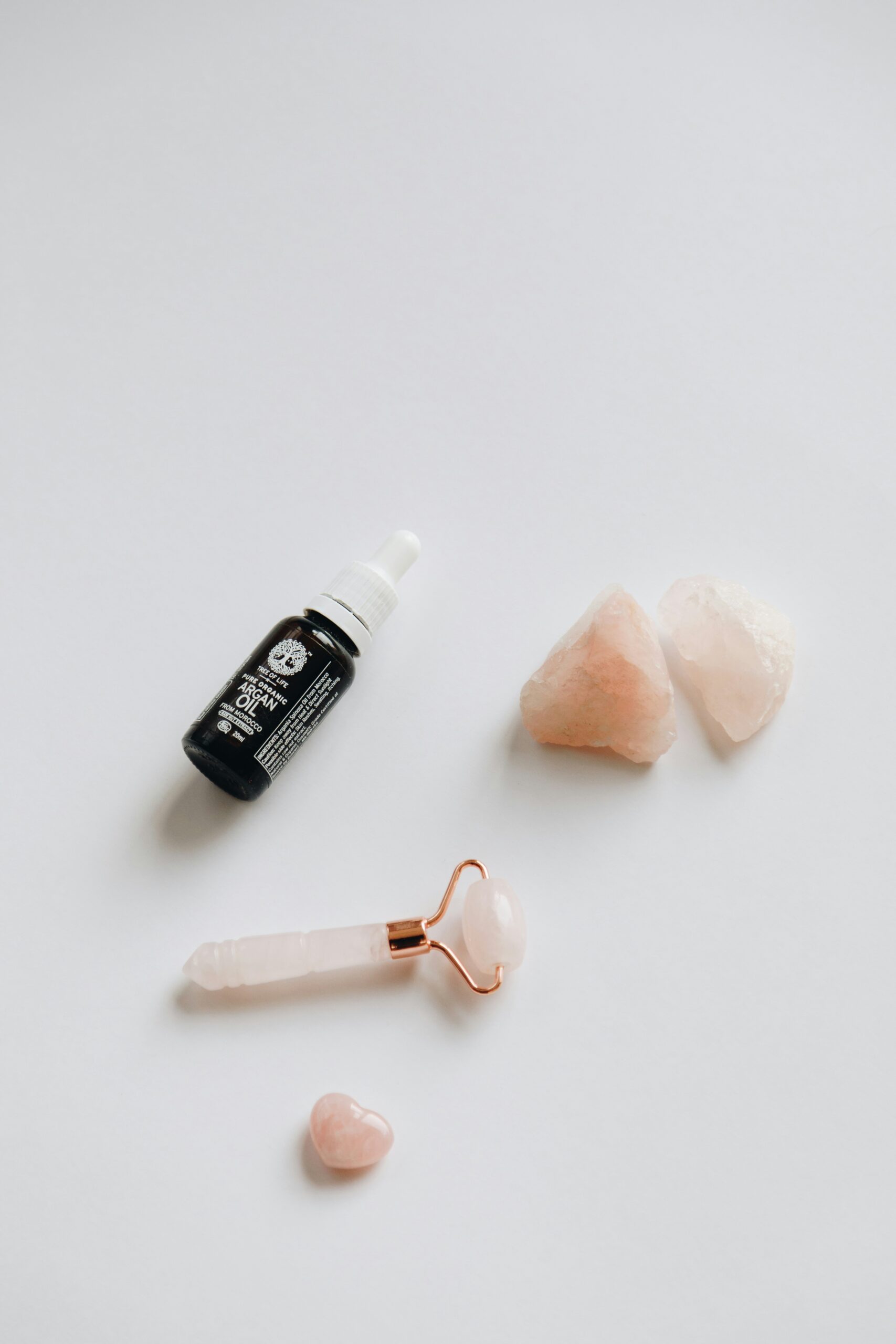Introduction to Argan Oil
Argan oil, a natural oil derived from the nuts of the Argan tree (Argania spinosa), is native to Morocco and has gained global recognition for its diverse applications and benefits. With its origins steeped in ancient Moroccan culture, argan oil has been utilized for centuries, primarily by local communities for culinary and cosmetic purposes. The oil is rich in nutrients, including fatty acids, vitamin E, and antioxidants, which contribute to its esteemed reputation.
In culinary uses, argan oil is often regarded as a delicacy, adding a unique nutty flavor to various dishes, particularly in Moroccan cuisine. It is commonly drizzled over salads, couscous, and vegetable dishes, enhancing not only the taste but also the nutritional profile of meals. Beyond its culinary applications, argan oil has become a cornerstone in the beauty industry, prized for its moisturizing and healing properties. It is frequently incorporated into skincare and haircare products due to its ability to hydrate, nourish, and promote healthy skin and hair.
The extraction of argan oil is a labor-intensive process, traditionally performed by Moroccan artisans, often referred to as “female cooperatives.” These artisans utilize a meticulous method of hand-cracking the argan nuts to access the oil-rich kernels. Once the kernels are obtained, they are cold-pressed to produce pure argan oil, ensuring the preservation of its beneficial properties. This traditional method not only ensures high-quality oil but also supports local economies and empowers women in the region, highlighting the cultural significance of argan oil beyond its commercial value.
Due to its unique properties and high demand, argan oil has become synonymous with luxury and wellness in both culinary and cosmetic markets. Its growing popularity showcases the rich heritage of Moroccan artisans and underscores the importance of sustainable practices in the global marketplace.
Artossi’s Commitment to Quality
Artossi stands at the forefront of the argan oil industry, emphasizing a robust dedication to quality sourcing and production. The company recognizes that the integrity of its products begins with the meticulous selection of raw materials. In pursuing the finest argan oil, Artossi collaborates closely with Moroccan cooperatives that uphold the highest standards of purity and sustainability. These partnerships not only ensure superior argan oil but also contribute meaningfully to the local economy and community wellbeing. The cooperative system allows Artossi to source argan oil that is both ethically cultivated and rich in nutrients, maintaining its commitments to healthy and environmentally responsible practices.
Moreover, Artossi’s approach to quality is rooted in its adherence to fair trade principles. By supporting local farmers and communities, Artossi is not only committed to the freshness and efficacy of its argan oil products but also to promoting equitable economic opportunities. This ethical sourcing strategy encapsulates a holistic view of product quality, intertwining social responsibility with the essence of its offerings. Each batch of argan oil is carefully processed to extract the purest essence, ensuring consistency in quality and efficacy across all product lines.
This commitment extends beyond the sourcing phase; Artossi implements rigorous quality control measures throughout the production process. Every stage, from extraction to packaging, undergoes thorough examination to ensure compliance with safety and quality standards. By utilizing advanced technology and adhering to international guidelines, the company guarantees that its argan oil products meet the expectations of distributors and consumers alike. Artossi’s dedication to maintaining high standards reaffirms its position as a trusted name in argan oil products, ensuring that every bottle encapsulates the very best of Moroccan nature.
The Importing Process: From Morocco to Your Store
Importing argan oil products from Morocco involves a multi-faceted process aimed at ensuring the quality and integrity of these valuable goods. The journey begins with selecting a reputable supplier in Morocco. Due diligence is critical at this stage, as the quality standards of the supplier will directly impact the product. It is advisable to conduct background checks and obtain samples to assess the quality of the argan oil before finalizing any agreements.
Once a supplier is chosen, the logistics of transporting the product come into play. This involves arranging for transportation from the supplier’s facility to the intended shipping port. Typically, sea freight is the most common mode for large shipments due to its cost-effectiveness. However, time-sensitive shipments might necessitate air freight, despite the higher costs. It is important to keep in mind that argan oil should be stored in dark glass bottles to protect it from light damage during transit.
Regulatory requirements also play a vital role in the importing process. Importers must familiarize themselves with both Moroccan export regulations and the import laws of their own country. This includes securing necessary documentation such as a certificate of origin and phytosanitary certificates that guarantee the product meets health safety standards. Additionally, understanding tariff classifications and duty requirements will aid in preventing delays or unforeseen expenses upon arrival in the destination country.
Maintaining product integrity during transport is of paramount importance. Packaging should be robust enough to withstand the rigors of long-distance shipping while ensuring that the oil remains unexposed to light and temperature fluctuations. Regular communication with logistics partners during transport can help to monitor conditions and address any issues promptly. By observing these steps, importers can successfully bring high-quality argan oil products from Morocco to their stores, ready to satisfy retail and consumer demands.
Understanding White Labeling
White labeling is a business practice where products are produced by one company but rebranded and marketed by another organization under its own name. This arrangement allows businesses to offer products to their customers without the responsibility of manufacturing or developing them. In essence, the company that labels the product leverages the efforts and expertise of the manufacturer while focusing on its own marketing and distribution capabilities. This approach is particularly beneficial for distributors seeking to diversify their product lines without substantial upfront investments.
For many distributors, engaging in white labeling offers several significant advantages. Primarily, it allows for rapid entry into the market with a recognized product, as the manufacturing process and quality control are handled by an established producer. Distributors can capitalize on existing product demand and customer recognition, minimizing the risks associated with launching a new product. Furthermore, this model enables businesses to build their brand identity by customizing products with their labels, packaging, and marketing strategies. This brand-focused approach enhances customer loyalty and market presence.
Artossi, specializing in importing high-quality argan oil products from Morocco, exemplifies the white labeling opportunity. By partnering with Artossi, distributors can integrate premium argan oil products into their offerings effortlessly. This partnership enables distributors to provide high-quality products while avoiding the complexities and costs of production and supply chain management. Artossi’s robust experience in sourcing and quality assurance ensures that distributors can confidently offer reliable products that meet consumer expectations.
In summary, white labeling serves as a strategic avenue for distributors looking to expand their product offerings while minimizing investment risks. By collaborating with a seasoned partner like Artossi, businesses can successfully enhance their market positioning and service their customers with quality products that promote overall brand growth.
Creating Custom Formulations
Artossi understands that in the dynamic world of retail, flexibility and customization are critical components for success. To cater to the diverse needs of distributors, Artossi offers the opportunity to create custom formulations of argan oil products. This collaborative process begins with engaging in detailed discussions with clients to understand their specific market needs, target demographics, and consumer preferences.
The customization process allows distributors to leverage Artossi’s expertise in argan oil’s beneficial properties, ensuring that the formulations not only meet market demands but also resonate with end-users. For example, a distributor targeting a niche market might require an argan oil product enriched with other natural ingredients to enhance its benefits, focusing on specific skin concerns or positive attributes like anti-aging qualities. Artossi’s team is experienced in formulating blends that maximize the potential of argan oil while addressing the unique requirements of each client.
Throughout the formulation process, Artossi prioritizes collaboration. The company works closely with distributors, conducting several rounds of feedback and revisions to achieve a final product that reflects the client’s vision. This open line of communication fosters an environment where innovation thrives, allowing for the creation of bespoke products that stand out on the shelf. Additionally, Artossi remains keenly aware of current market trends and consumer feedback, enabling timely adjustments to formulations.
Ultimately, the ability to tailor argan oil products uniquely positions distributors in a competitive market. By partnering with Artossi, companies not only gain high-quality argan oil products but also benefit from a personalized touch that can lead to heightened customer loyalty and satisfaction. This commitment to custom formulations truly reflects Artossi’s dedication to serving its clients and advancing the vision of successful retail partnerships.
Marketing Strategies for Argan Oil Products
To effectively market argan oil products, it is essential to identify and understand the target demographics. Typically, consumers of argan oil encompass a diverse audience that includes health-conscious individuals, beauty enthusiasts, and eco-conscious shoppers. The growing awareness of natural and organic products has significantly expanded the market for argan oil, making it appealing to consumers who seek sustainable beauty solutions. Conducting thorough market research will provide insights into the preferences and buying behaviors of these segments, allowing for tailored marketing strategies.
Potential channels for the distribution of argan oil products are varied and can include online platforms, brick-and-mortar stores, and specialty health shops. E-commerce has emerged as a particularly effective avenue, as it allows for direct engagement with consumers. Utilizing popular online marketplaces and social media platforms can enhance visibility and reach a wider audience. Additionally, collaborations with beauty influencers can serve as valuable endorsements, positioning the product favorably within the target market.
Educating consumers about the benefits of argan oil is paramount in establishing brand trust and enhancing customer loyalty. Content marketing strategies, such as blog posts, instructional videos, and social media campaigns, can effectively communicate the advantages of argan oil, including its moisturizing properties, anti-aging effects, and nutritional value. Highlighting authentic testimonials and showcasing the origins and traditional methods of argan oil production from Morocco can enrich consumer knowledge and resonate with their values, thus positively affecting purchasing decisions.
Moreover, involvement in community events, wellness fairs, or beauty expos can create a tangible connection with consumers, further solidifying relationships. By combining effective target marketing with consumer education initiatives, companies can foster brand loyalty and increase sales of argan oil products in a highly competitive marketplace.
Sustainability and Ethical Practices
Artossi is dedicated to integrating sustainability and ethical practices into every aspect of its operations, particularly in the importation of argan oil products from Morocco. Recognizing the environmental consequences associated with the extraction of natural resources, Artossi prioritizes practices that protect the integrity of the ecosystem. By sourcing argan oil from certified cooperative farms, the company ensures that no trees are harmed and that cultivation methods promote biodiversity. Moreover, the use of organic farming techniques reduces the reliance on synthetic pesticides and fertilizers, thus preserving soil health and local water sources.
Another pivotal factor in Artossi’s approach is its commitment to supporting local communities in Morocco. The company collaborates closely with women’s cooperatives, which not only empowers these individuals economically but also enhances their social standing within families and communities. By providing fair wages and establishing long-term partnerships, Artossi helps foster economic resilience and encourages self-sufficiency among those involved in the production of argan oil. This ethical sourcing model is designed to uplift local artisans while promoting the sustainable growth of this traditional industry.
Artossi also continuously evaluates its supply chain to enhance transparency and reduce carbon footprints. By opting for eco-friendly packaging solutions and minimizing transportation impacts through localized sourcing, the company aligns its operations with global sustainability goals. The overarching principle is not merely to optimize profitability, but to conduct business in ways that respect cultural heritage and contribute positively to the environments involved. Ultimately, this ethical framework is at the heart of Artossi’s mission, reinforcing the belief that successful business ventures can coexist harmoniously with nature and society.
Case Studies of Successful Partnerships
The journey of partnering with Artossi for argan oil products has proven to be a transformative experience for several distributors, illustrating the potential of successful collaboration in the beauty and wellness market. One notable case is that of a mid-sized distributor in the United States who aimed to diversify its product line. Initially, this distributor struggled with brand recognition and market penetration. However, by leveraging Artossi’s expertise in white labeling, they were able to introduce a new line of organic argan oil products that resonated with health-conscious consumers.
Artossi provided comprehensive marketing strategies, which included tailored packaging solutions, social media campaigns, and educational content about the benefits of argan oil. This support not only elevated the distributor’s brand image but also appealed to a broader audience. Within six months, the distributor reported a significant increase in sales, attributing their success to the high-quality argan oil and effective marketing provided by Artossi.
Another case study involves a European cosmetic company that sought to enhance its product offerings. Faced with stiff competition, they opted to partner with Artossi for exclusive access to sustainably sourced argan oil. Through Artossi’s white labeling services, they created a premium line of skincare products that featured argan oil as a key ingredient. Challenges such as sourcing logistics and regulatory compliance were addressed through Artossi’s established relationships in Morocco, ensuring a smooth transition into the market.
As a result, the European company successfully launched their new product line, gaining accolades for both quality and sustainability. Their collaboration with Artossi not only differentiated them from competitors but also fostered a loyal customer base that appreciated ethically sourced ingredients. These case studies exemplify how distributors can achieve remarkable results while navigating the intricate landscape of beauty and wellness through strategic partnerships with Artossi.
Conclusion: The Future of Argan Oil in the Market
As the global market for natural and organic products continues to expand, the demand for argan oil has witnessed significant growth. Artossi, with its commitment to sourcing premium argan oil from Morocco, plays a pivotal role in fulfilling this consumer interest. The unique properties and numerous benefits of argan oil, ranging from its applications in cosmetics and skincare to its culinary uses, have made it a highly sought-after ingredient. This rising popularity is not just localized; it encapsulates a broader trend where consumers are increasingly gravitating towards sustainable and ethically sourced products.
Future market trends suggest a robust potential for argan oil, particularly as more distributors recognize the value of offering natural alternatives to synthetic products. Partnerships like those of Artossi with distributors are essential in navigating this shifting landscape, ensuring that high-quality argan oil products are readily available. Furthermore, innovations in packaging and formulation can enhance the appeal of these products, attracting a wider audience. Artossi’s focus on white labeling enables distributors to offer exclusive brands that resonate with their customer bases, thereby maximizing sales opportunities.
Looking ahead, the role of ethical sourcing and sustainable practices will become increasingly significant. Consumers are now more informed and discerning, often seeking products that align with their values. Artossi’s dedication to maintaining the integrity of its supply chain exemplifies a model for others in the industry, marrying quality with responsibility. As the demand for argan oil continues to rise, companies that prioritize transparency, quality, and sustainability will almost certainly lead in market positioning. Therefore, with a clear vision and strategic partnerships, Artossi is well-equipped to navigate the evolving landscape of the argan oil market and the needs of distributors.








Add comment